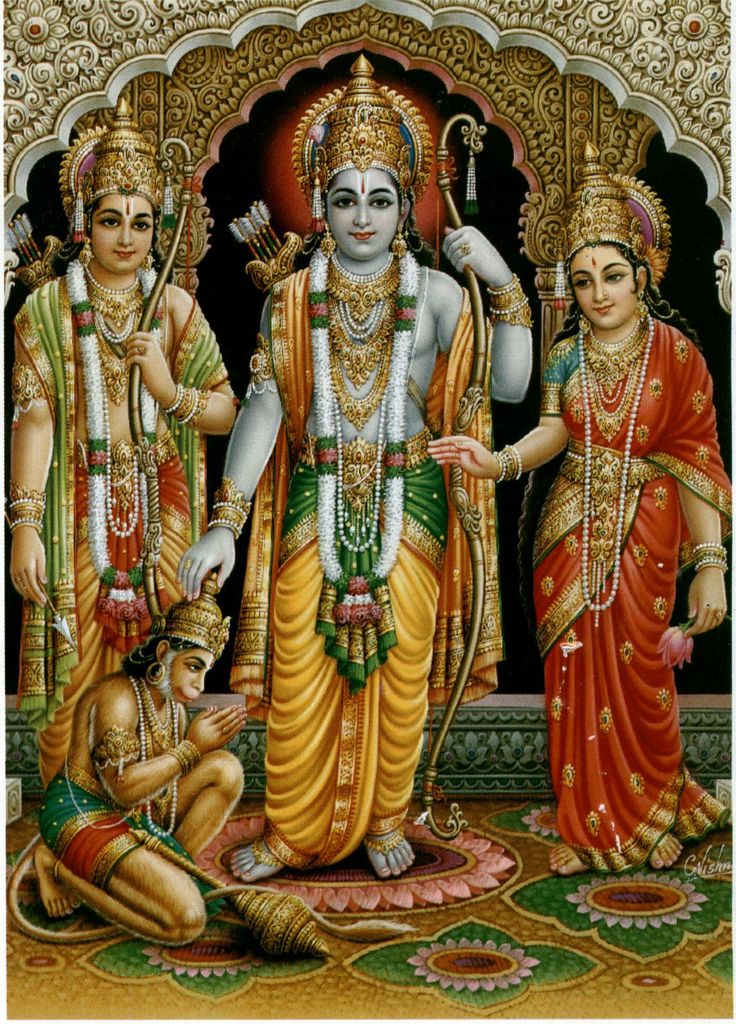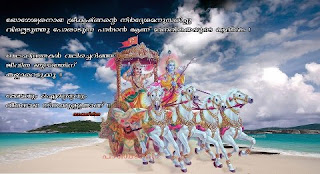The Great Epic Mahabharatam :11.
A discourse of Swami Vivekananda on Mahabharata :
(Delivered at the Shakespeare Club, Pasadena, California, February 1, 1900)
This is the story of Savitri, and every girl in India must aspire to be like Savitri, whose love could not be conquered by death, and who through this tremendous love snatched back from even Yama, the soul of her husband.
The book is full of hundreds of beautiful episodes like this. I began by telling you that the Mahabharata is one of the greatest books in the world and consists of about a hundred thousand verses in eighteen Parvans, or volumes.
To return to our main story. We left the Pandava brothers in exile. Even there they were not allowed to remain unmolested from the evil plots of Duryodhana; but all of them were futile.
A story of their forest life, I shall tell you here. One day the brothers became thirsty in the forest. Yudhishthira bade his brother, Nakula, go and fetch water. He quickly proceeded towards the place where there was water and soon came to a crystal lake, and was about to drink of it, when he heard a voice utter these words: "Stop, O child. First answer my questions and then drink of this water." But Nakula, who was exceedingly thirsty, disregarded these words, drank of the water, and having drunk of it, dropped down dead. As Nakula did not return, King Yudhishthira told Sahadeva to seek his brother and bring back water with him. So Sahadeva proceeded to the lake and beheld his brother lying dead. Afflicted at the death of his brother and suffering severely from thirst, he went towards the water, when the same words were heard by him: "O child, first answer my questions and then drink of the water."
He also disregarded these words, and having satisfied his thirst, dropped down dead. Subsequently, Arjuna and Bhima were sent, one after the other, on a similar quest; but neither returned, having drunk of the lake and dropped down dead. Then Yudhishthira rose up to go in search of his brothers. At length, he came to the beautiful lake and saw his brothers lying dead. His heart was full of grief at the sight, and he began to lament. Suddenly he heard the same voice saying, "Do not, O child, act rashly. I am a Yaksha living as a crane on tiny fish. It is by me that thy younger brothers have been brought under the sway of the Lord of departed spirits. If thou, O Prince, answer not the questions put by me even thou shalt number the fifth corpse. Having answered my questions first, do thou, O Kunti's son, drink and carry away as much as thou requires"." Yudhishthira replied, "I shall answer thy questions according to my intelligence. Do thou ask met" The Yaksha then asked him several questions, all of which Yudhishthira answered satisfactorily. One of the questions asked was: "What is the most wonderful fact in this world?" "We see our fellow-beings every moment falling off around us; but those that are left behind think that they will never die. This is the most curious fact: in face of death, none believes that he will die! "
Another question asked was: "What is the path of knowing the secret of religion?" And Yudhishthira answered, "By argument nothing can be settled; doctrines there are many; various are the scriptures, one part contradicting the other. There are not two sages who do not differ in their opinions. The secret of religion is buried deep, as it were, in dark caves. So the path to be followed is that which the great ones have trodden." Then the Yaksha said, "I am pleased. I am Dharma, he God of Justice in the form of the crane. I came to test you. Now, your brothers, see, not one of them is dead. It is all my magic. Since abstention from injury is regarded by thee as higher than both profit and pleasure, therefore, let all thy brothers live, O Bull of the Bharata race." And at these words of the Yaksha, the Pandavas rose up.
Continues..

.jpg)


Comments
Post a Comment